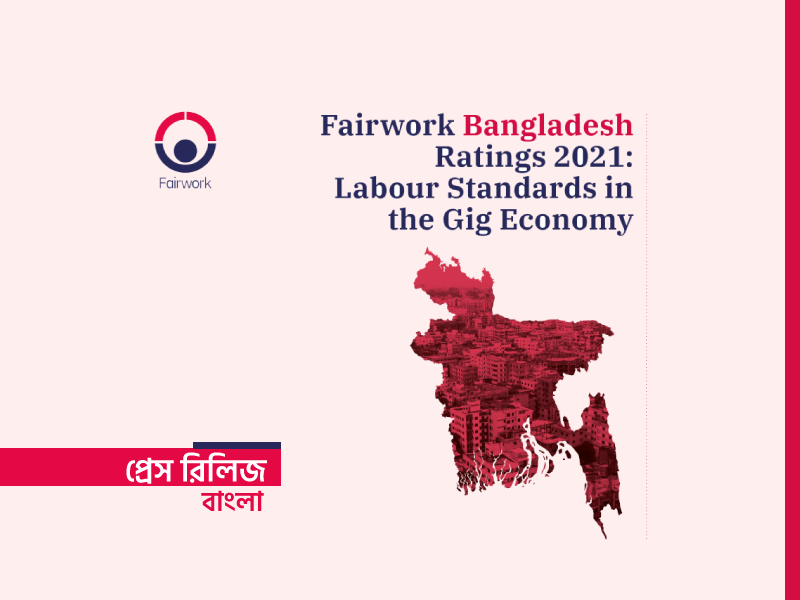DataSense – TBS Webinar on Industry-Academia Collaboration for Entrepreneurship Development: What’s Appropriate for Bangladesh?

Bangladesh is economically growing with salient enhancements in GDP and other economic indicators. Yet 4,43,000 candidates for 1,800 vacancies in government official jobs and 43,000 candidates for 70-100 job posts (BBS, 2018) shed light on the demand and supply imbalance in the job market.[1] To tackle this, the Government of Bangladesh is encouraging the young generation towards entrepreneurship. From receiving formal education to founding an enterprise, there are several steps one needs to cross over. Considering the difficulties an entrepreneurship enthusiast will have to go through, many enthusiasts step back from the decision of substantiating their dreams. Amidst the scarcity of supply in government and non-government jobs, it is high time that a larger portion of job seekers should be moved towards entrepreneurship.
The two key factors attached to the journey of graduating youth are the academic institutions and the industries they are planning to contribute towards. This journey of graduates transitioning from a student to an employee, or a self-employed entrepreneur is majorly facilitated by these two support actors, where the academia stands on the supply end and the industry stands on the demand end. However, the skills the graduates are equipped with from their academic institutions are falling short of this requirement of the industry, creating a gap and mismatch in the demand and supply of skills among the graduating youth and the employed youth.
With an aim to dissect this gap and to discuss possible solutions to it, on May 31, DataSense at iSocial, in association with The Business Standard, organized a webinar with esteemed panelists, discussants, and participants from industry, academia, entrepreneurship ecosystem supporters, researchers, students, and entrepreneurs. The webinar was opened with insightful remarks from Mr. Inam Ahmed, Editor, The Business Standard. Mr. Inam highlighted the tendency of youth to opt for jobs, instead of pursuing entrepreneurship as a career choice, and how this tendency is influenced by the mismatch in entrepreneurial skills and interest among the graduating youths, where there is an important and urgent need for the industry and academia to come together.
Followed by Mr. Ahmed’s opening remarks, Dr. Wasel Bin Shadat, Post-Doctoral Fellow, Bangladesh Institute of Development Studies (BIDS), in his keynote presentation, exhibited the process framework for university-industry collaboration (UIC) practiced in different regions and countries and discussed the wide varieties of the UIC activities that are being done right now and the ones that can be explored to strengthen the entrepreneurship pipeline of Bangladesh, including the role of University Grants Commission in this process. With these insights, the panelists were invited to share their opinion on the current scenario of industry-academia collaboration and what more can be done.
One of the panelists, Mr. Sajid Amit, Director, Center for Enterprise and Society and Director, EMBA Program ULAB, shared the perspective from academia and talked about how to create a culture of nurturing entrepreneurial spirits in the horizon of university education, as “not every university is enculturing”. During his speech, Mr. Amit discussed the role of teachers in shaping young minds and how many universities are very traditional in appointing these teachers, focusing more on their academic records, instead of their experience with jobs or professions relevant to the areas they will be teaching the students about. According to him, employing teachers with substantial experience in their subjects will bring a paradigm shift in the preparedness of the students to enter the market. Bolstering this point, Professor Abdul Momen, Director, IBA of the University of Dhaka, shared how IBA has been inviting industry leaders as guest lecturers or visiting lecturers to guide young minds and to produce top-notch executives and entrepreneurs for the industry. Professor Momen also added that, since its inception, IBA has been an institution to produce executives and CXOs from the local young population. Now, with the changing need of time, the institution has been working with different industry-leading organizations in facilitating and nurturing the entrepreneurial mindset among its students and has also been planning to build a dedicated program for entrepreneurs or entrepreneurship enthusiasts.
Summarizing the panel discussion and the following discussion of the webinar, Dr. Ananya Raihan, Chief Imaginator, DataSense at iSocial highlighted the need for a champion among the universities of Bangladesh, as many universities are yet to meet the requirement of the industry, and the importance of the industry collaborating with these institutions to better equip the students with the right skill sets and with the confidence to take the calculated leap of faith in realizing their entrepreneurial idea.
The webinar was chaired by Mr. Md. Altaf Hossain, Project Director, iDEA and, in his concluding remarks, he too talked about the gaps that are yet to be addressed by most universities and how these universities can benefit from the different initiatives of the government in ensuring a better support system for their graduates. The iDEA project itself will be turned into the iDEA Academy, providing support to 900 startups and aspiring entrepreneurs. Academia and industry can take inspiration from such initiatives to integrate the necessary modification into the curriculum and course plans and provide the students with an opportunity for a more practical and updated knowledge-based learning experience.
[1] BBS. (2018). Labour Force Survey 2016-17. BBS Portal.
![]()



